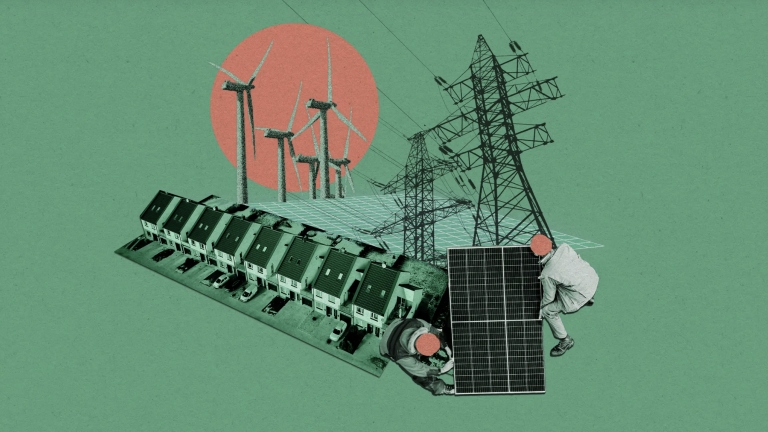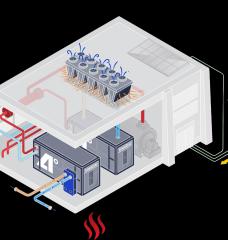
The power grid is growing increasingly complex as more renewable energy sources come online. Where once a small number of large power plants supplied most homes at a consistent flow, now millions of solar panels generate variable electricity. Increasingly unpredictable weather adds to the challenge of balancing demand with supply. To manage the chaos, grid operators are increasingly turning to artificial intelligence.
AI’s ability to learn from large amounts of data and respond to complex scenarios makes it particularly well suited to the task of keeping the grid stable, and a growing number of software companies are bringing AI products to the notoriously slow-moving energy industry.
The US Department of Energy has recognized this trend, recently awarding $3 billion in grants to various “smart grid” projects that include AI-related initiatives.






